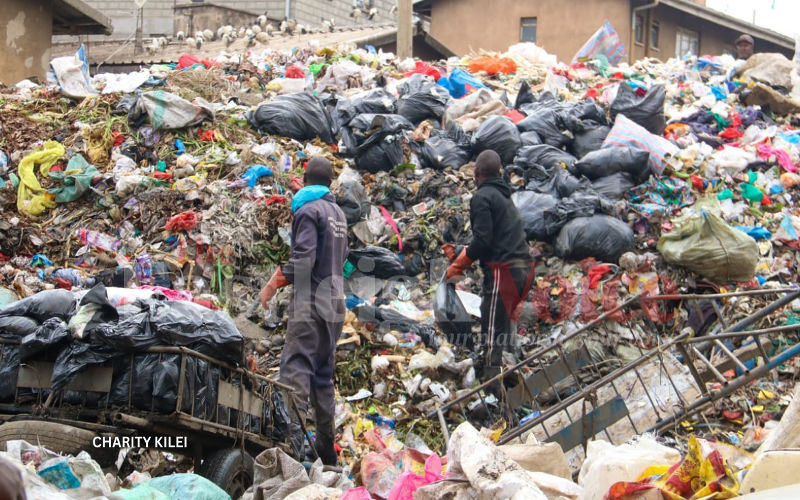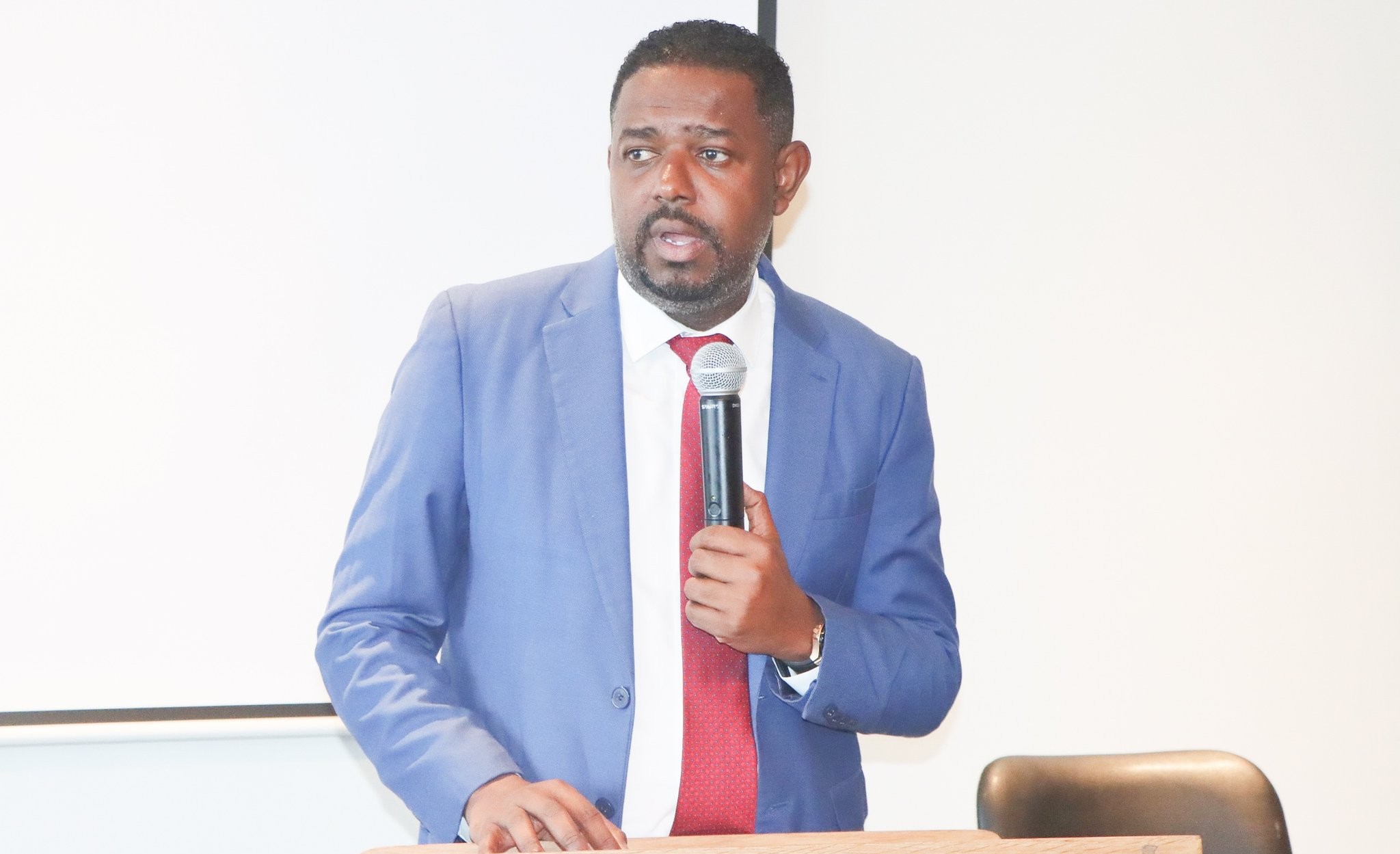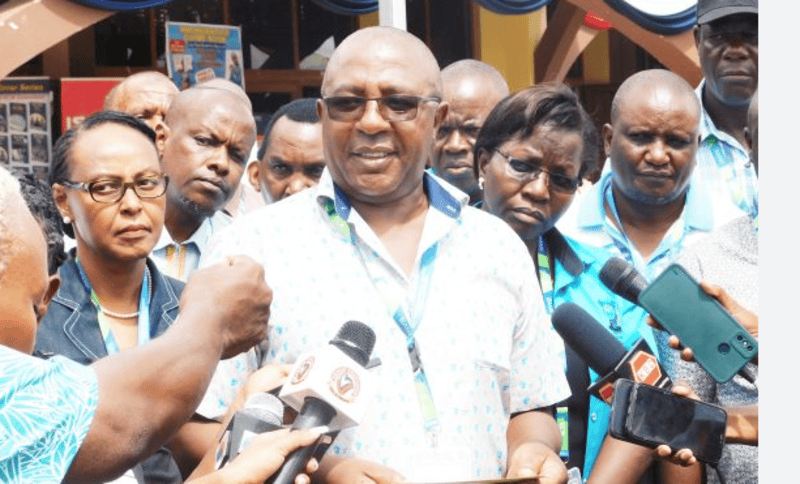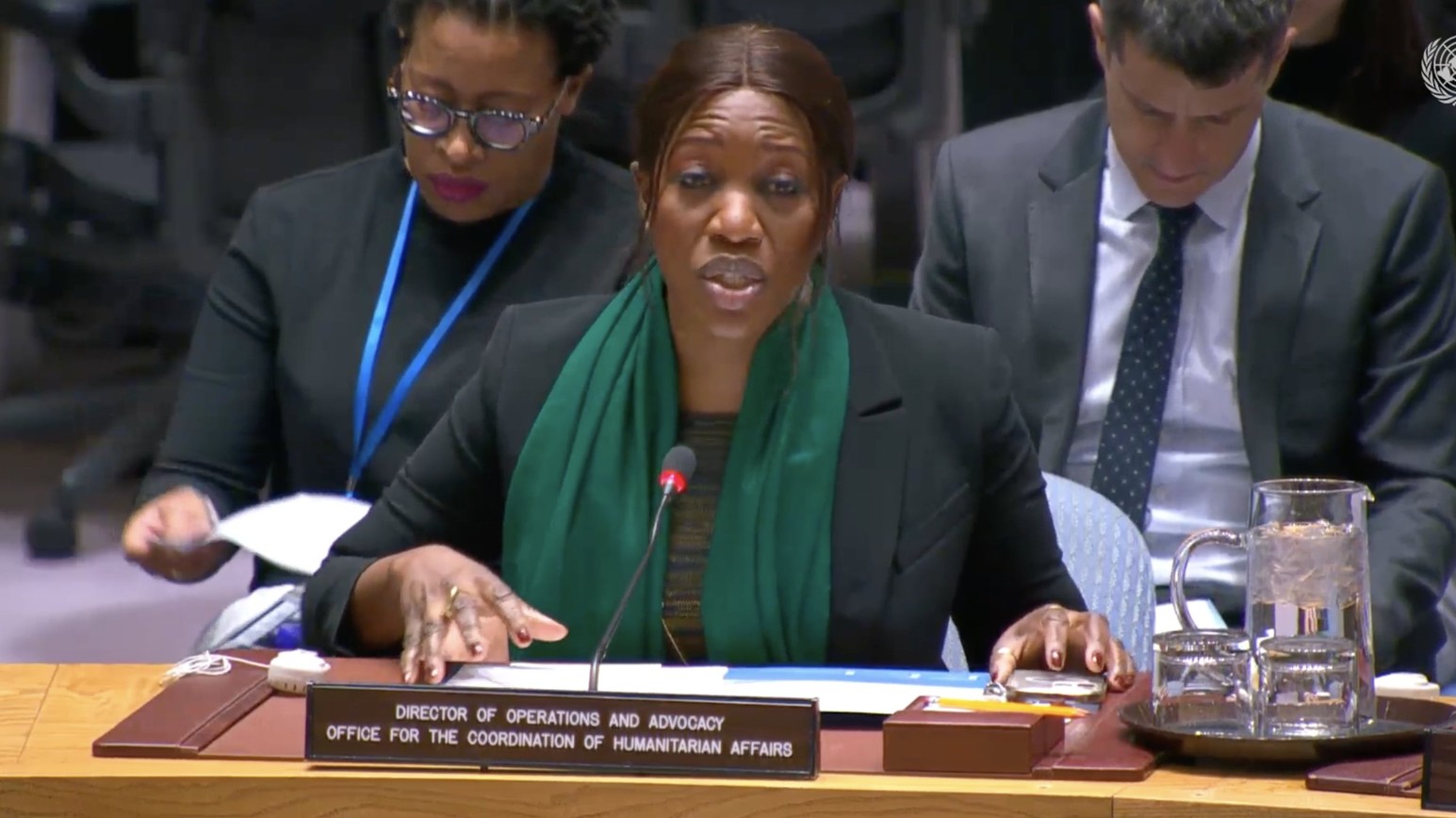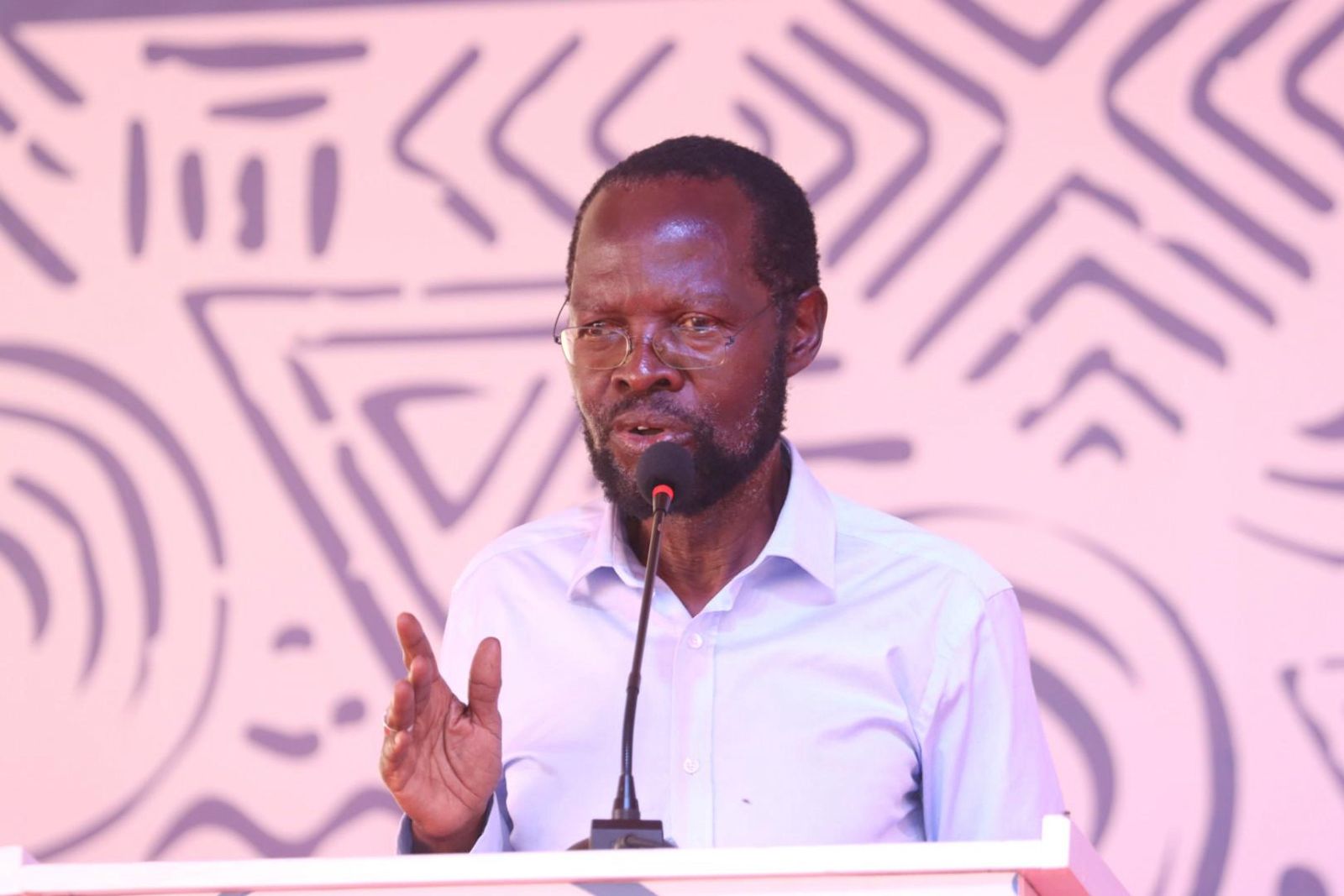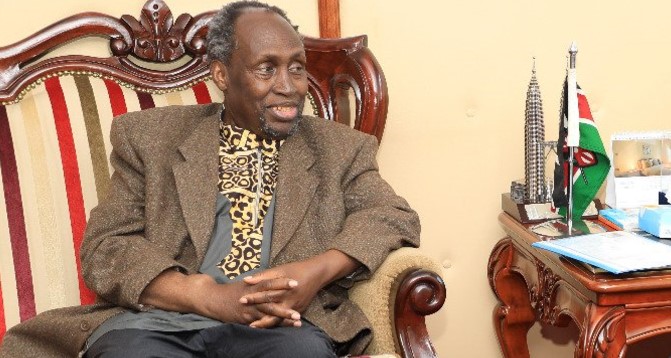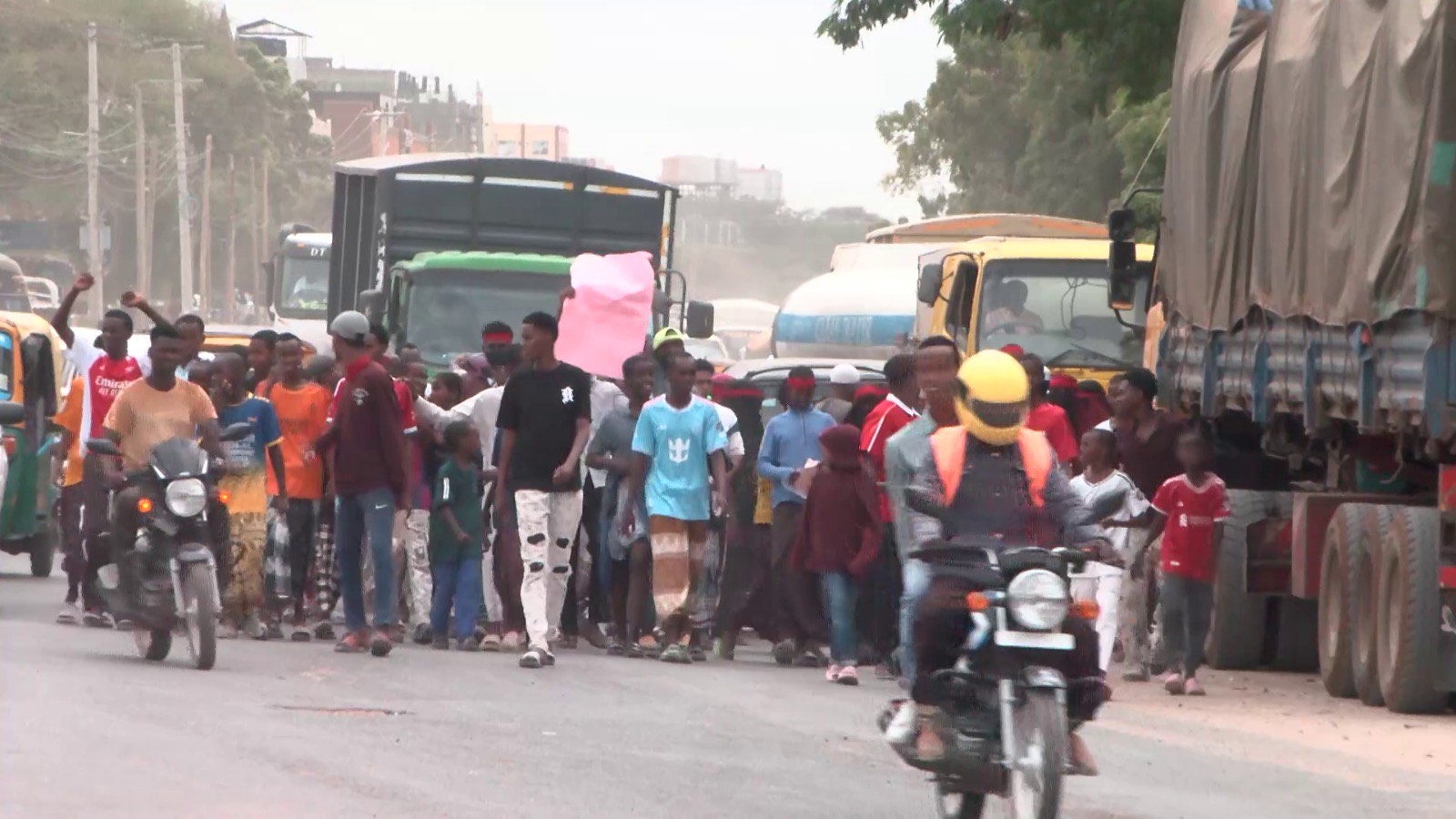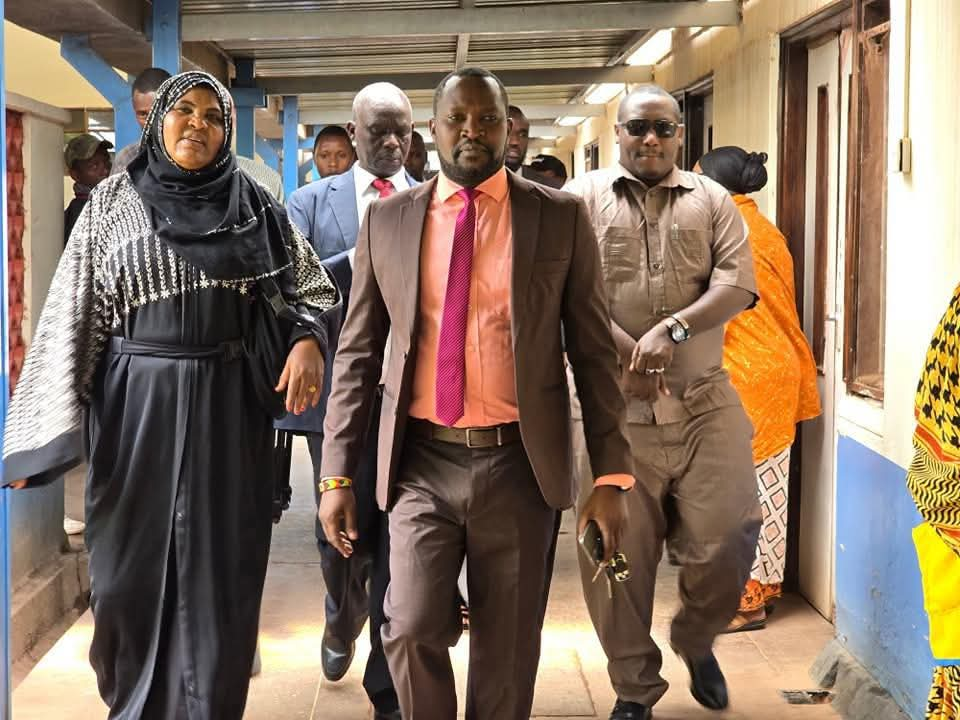Rwanda overtakes Kenya to become second freest economy in EAC
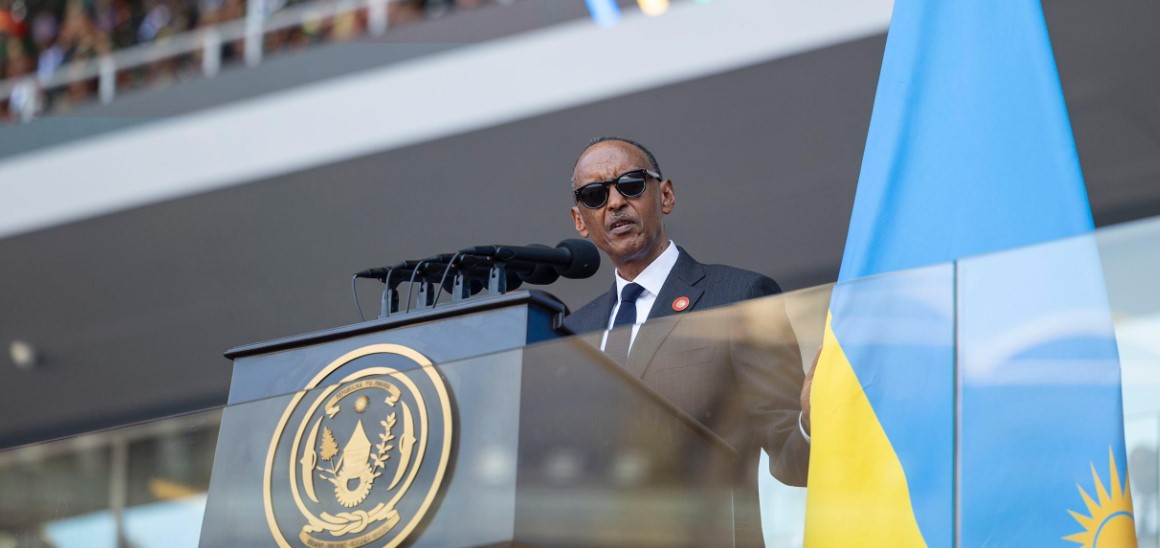
The Index by the economic think-tank The Heritage Foundation ranks Rwanda second in the bloc, with an economic freedom score of 54.8, behind Tanzania, which leads with a 59.3 score.
Rwanda has overtaken Kenya to become the second most economically free country in the East African Community (EAC), according to the latest Index of Economic Freedom.
The Index by the economic think-tank The Heritage Foundation ranks Rwanda second in the bloc, with an economic freedom score of 54.8, behind Tanzania, which leads with a 59.3 score.
More To Read
- Rwanda gears up to host historic 2025 UCI Road World Championships in Africa
- Goods moved within EAC are transfers, not imports or exports - KAM
- Kenya's inflation climbs to 4.1 per cent amid fluctuating food prices, fuel costs
- Kagame explains inspiration behind Kigali’s sports city
- Kagame lauds Dangote’s push for African-led development
- Kenya’s economy stable under Ruto, says Treasury CS Mbadi in response to Gachagua's claims
In real-time figures, Rwanda ranked position 20 in the entire Sub-Saharan Africa region, marking a significant jump of 10 positions from its previous ranking of 30 last year.
Although Kenya has the same score as Rwanda, at 54.8, it now ranks 21, a drop from the previous year’s position of 20.
This is out of the 47 countries in the Sub-Saharan Africa region.
Tanzania, the EAC block leader, ranked sixth in the entire SSA region.
Globally, Kenya ranks position 121 out of 184 countries surveyed, still a decline from its previous position 120 the year before.
Comparatively, Rwanda has moved 15 steps up to position 120, from 135 in the previous year.
Notably, Kenya’s score is lower than the world average of 59.7 and higher than the regional average of 53.2, hence rendering it mostly unfree.
The annual ranking evaluates how well countries support economic freedom across various areas such as governance, ease of doing business, trade openness and fiscal health.
The highlights suggest Rwanda's strong performance in reducing corruption, streamlining regulations, and maintaining sound fiscal policies in the year under review.
Kenya, though still a major economic player in East Africa, fell behind, arguably due to ongoing concerns over government spending, tax burdens and regulatory challenges.
Despite some progress, the report says the foundations of economic freedom are fragile and uneven.
“The rule of law is weak, and local courts are subject to substantial political interference. Poor protection of property rights and widespread corruption discourage entrepreneurial activity,” the report reads in part.
It adds that progress in reforming public finance management has been marginal, while the implementation and enforcement of reforms to enhance regulatory efficiency have been uneven.
“The informal economy employs a large portion of the labour force. Monetary stability has weakened with rising inflation.”
Top Stories Today

